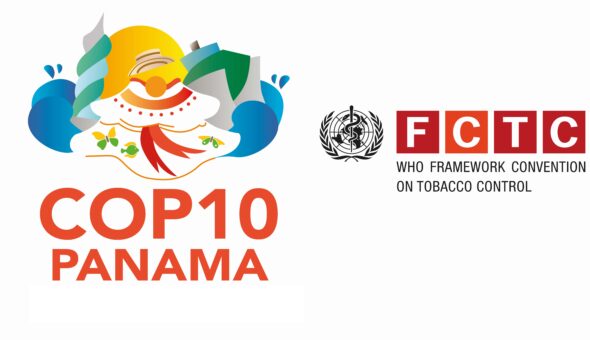A new Series from The Lancet shines light on the commercial determinants of health, calling for a radical rethink on what role business plays in public health. Here, we explain more about what this means, and why urgent action is needed.
We all know that external factors can affect our health and wellbeing – the cleanliness of the air we breathe, the purity of the water we drink, the safety of the food we eat. Some of these factors are beyond our control, whereas others seem to be about the choices we make. Sometimes, however, those choices might be influenced in ways that we are not always aware of.
Increasingly, public health researchers are talking about the commercial determinants of health. This refers to the way that commercial actors – from small businesses to large corporations – influence our health and wellbeing.
Many commercial actors make a positive contribution to society, providing the goods and services we need to protect our health, eat a nutritious diet and have access to a clean environment.
But others are causing a growing amount of damage to the health and wellbeing of people and the planet, through the products they produce and the way these are marketed. Just four products - tobacco, alcohol, highly processed foods, and fossil fuels - already account for over a third of global deaths per year.
Researchers from the University of Bath have contributed to a new Series from leading medical journal The Lancet exploring this issue. The Lancet Series on Commercial Determinants of Health (CDOH) sets out a bold vision for our world in which communities, governments and commercial actors all contribute to improving health and wellbeing, and prioritise human and planetary health over profit.
The authors argue that the global epidemic of non-communicable diseases (accounting for over 70% of deaths per year), and the climate emergency, highlight the need for urgent action.
The Series authors recognise that the influences of commercial actors can be both positive and negative, defining CDOH as:
the systems, practices and pathways through which commercial actors drive human health and health equity.
The authors seek to explain how underlying political and economic systems enable commercial actors to cause increasing harm to human and planetary health, whilst maximising profits, leaving governments and communities to intervene and manage the impacts on wider society.
A series of recommendations set out what action is needed by different parties to redress the balance of power and protect human and planetary health in the future:
- Governments and international organisations to use their power to change the political and economic system to improve health, equity and sustainability.
- Commercial actors to end opposition to health regulation and policies and adopt new and more sustainable business models.
- Public health practitioners and civil society organisations to raise their voices, set out clear visions, and hold commercial actors to account.
- Academics and researchers to provide evidence that is fit for purpose and presented in the right way, at the right time, to the right audiences.
- Health professionals to use their legitimacy and authority to encourage action on CDOH, and emphasise the importance of preventive health.
Find out more:
- Listen to the Series authors discuss CDOH and the actions needed in the launch webinar (registration required to access this content).
- Read an interview with the University of Bath's Professor Anna Gilmore, one of the Series authors, in the Financial Times.
- Explore policy recommendations for national and local governments and health practitioners in a series of briefs produced by VicHealth in partnership with Series authors and The Lancet.



